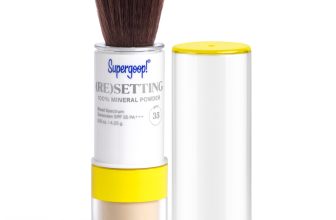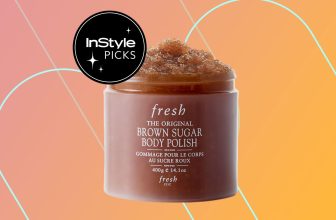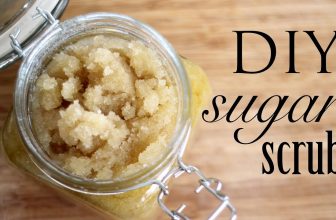Is Sunscreen Safe When Pregnant
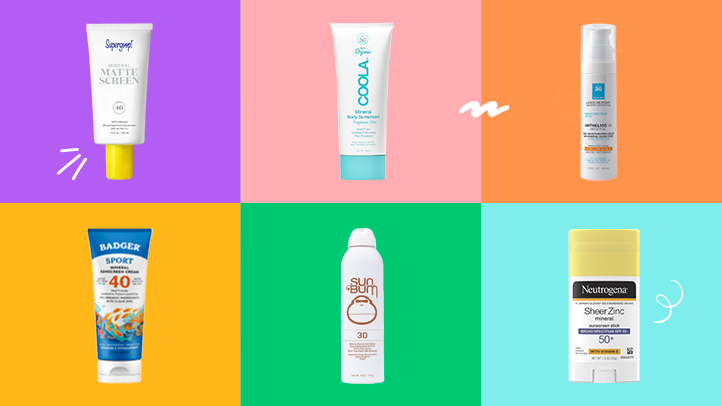
Yes, sunscreen is generally safe to use during pregnancy. It is important to protect your skin from the sun’s harmful rays, especially during pregnancy when your skin may be more sensitive.
Is Sunscreen Safe When Pregnant sunscreen can help prevent skin damage and reduce the risk of developing dark spots or melasma, which is common during pregnancy. However, it’s important to choose a sunscreen that is labeled as safe for use during pregnancy and to follow the instructions for application.
Some ingredients in sunscreen may not be recommended for use during pregnancy, so it’s best to consult with a healthcare provider if you have any concerns. It’s always important to take care of your skin, and using sunscreen is a simple way to do so, even during pregnancy.
Introduction To Sunscreen Safety During Pregnancy
Discovering the safety of sunscreen during pregnancy is crucial. Understanding the ingredients and opting for mineral-based sunscreens can provide protection without harmful chemicals. Prioritizing sun protection is essential for expectant mothers to shield their skin from UV rays effectively.
Importance Of Skin Care In Pregnancy
Pregnancy is a time when a woman’s body goes through numerous changes, including those affecting the skin. Proper skin care during pregnancy is crucial to ensure the health and well-being of both the mother and the baby. The use of sunscreen becomes particularly important as the skin becomes more sensitive to sun exposure due to hormonal changes. Sunscreen helps protect against harmful UV rays and reduces the risk of skin damage, making it an essential part of pregnancy skin care.
Common Concerns About Sunscreen Use
During pregnancy, women often have concerns about the safety of using sunscreen. There is a common worry about the potential absorption of harmful chemicals from sunscreen into the bloodstream, which could affect the developing fetus. Additionally, questions arise about the effectiveness of sunscreen in protecting against sun damage and whether certain ingredients in sunscreen could cause skin irritation or allergic reactions. Addressing these concerns and understanding the safety aspects of sunscreen use during pregnancy is essential for expectant mothers.
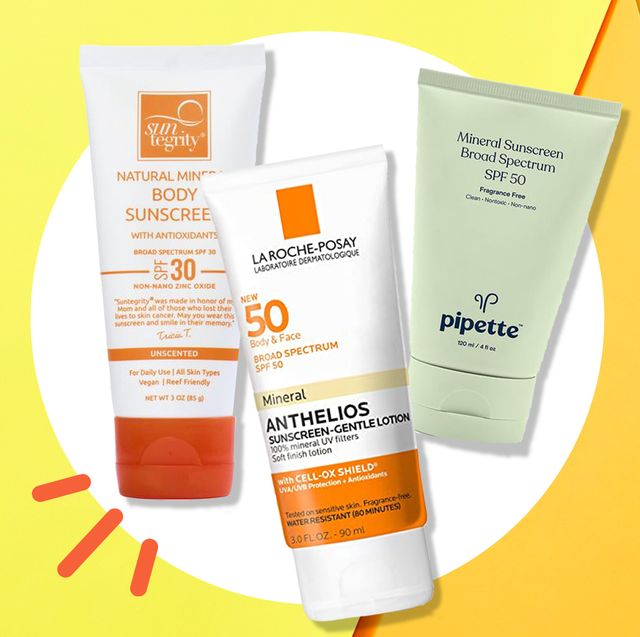
Types Of Sunscreen: Chemical Vs. Mineral
When it comes to pregnancy, safety is a top priority. This includes being mindful of the products you use, such as sunscreen. Sunscreen is essential for protecting your skin from harmful UV rays, but is it safe for pregnant women? Let’s delve into the types of sunscreen: Chemical vs. Mineral.
Ingredients Breakdown
Chemical sunscreens contain active ingredients such as oxybenzone and avobenzone. These chemicals work by absorbing UV rays and converting them into heat, which is then released from the skin.
Mineral sunscreens, on the other hand, use zinc oxide and titanium dioxide as active ingredients. These minerals create a physical barrier that reflects and scatters UV rays away from the skin.
Pros And Cons Of Each Type
Chemical sunscreens are popular for their lightweight and easy-to-spread consistency. However, some individuals may experience skin irritation or allergic reactions due to the chemical ingredients.
Mineral sunscreens are known for their gentle nature, making them suitable for sensitive skin. They provide immediate protection upon application, but they may leave a white cast on the skin due to the presence of minerals.
Impact Of Uv Exposure On Pregnant Women
Sunscreen is generally safe for pregnant women to use to protect against UV exposure, but it’s crucial to choose a pregnancy-safe formula. UV rays can increase the risk of skin pigmentation issues and other complications during pregnancy. Opt for a broad-spectrum sunscreen with SPF 30 or higher for optimal protection.
Risks Of Uv Radiation
Pregnancy is a time of constant worry for women. However, many pregnant women do not realize the dangers of UV radiation on their skin. UV radiation can cause skin cancer, which is a significant risk for pregnant women. Moreover, it can lead to premature aging, sunburn, and skin damage. Furthermore, the damage caused by UV radiation can be passed on to the fetus, which can lead to long-term health problems. Therefore, it is essential to protect yourself from UV radiation by using sunscreen and avoiding prolonged exposure to the sun.
Benefits Of Sun Exposure
Although there are significant risks associated with UV radiation, it is also essential to recognize the benefits of sun exposure. Sunlight is a natural source of vitamin D, which is crucial for bone health, immune function, and brain development. Additionally, sunlight can improve mood and help regulate sleep patterns. However, it is important to balance the risks and benefits of sun exposure, especially during pregnancy.
Sunscreen During Pregnancy
Many pregnant women are concerned about the safety of sunscreen during pregnancy. However, most sunscreens are safe to use during pregnancy. It is important to choose a sunscreen that contains physical blockers such as zinc oxide or titanium dioxide, which are less likely to be absorbed into the skin. Additionally, it is important to avoid sunscreens that contain retinyl palmitate, a form of vitamin A, which has been linked to birth defects. Furthermore, it is essential to apply sunscreen regularly and wear protective clothing to minimize exposure to UV radiation. In conclusion, UV radiation poses significant risks to pregnant women, and it is essential to protect yourself from sun exposure. However, it is also important to recognize the benefits of sun exposure and to use sunscreen safely during pregnancy. By taking these precautions, you can enjoy the sun safely and protect yourself and your unborn child from the harmful effects of UV radiation.
Key Ingredients To Avoid In Sunscreen
When pregnant, it’s important to avoid sunscreens with ingredients like oxybenzone, avobenzone, and octocrylene. These chemicals can potentially disrupt hormone levels and harm the developing baby. Opt for mineral-based sunscreens with zinc oxide or titanium dioxide for a safer choice during pregnancy.
Harmful Chemicals
Safer Alternatives
When choosing sunscreen during pregnancy, it’s crucial to be mindful of the ingredients. Harmful chemicals in sunscreen can potentially affect the health of the mother and baby. It’s best to avoid sunscreens containing oxybenzone, octinoxate, homosalate, and octocrylene. Instead, opt for mineral-based sunscreens with zinc oxide or titanium dioxide as active ingredients. These provide effective protection without the risk of absorbing harmful chemicals into the body. Always check the label and choose sunscreens labeled “reef-safe” or “pregnancy-safe” for peace of mind.
Recommended Sunscreen For Pregnant Women
Pregnancy brings about a multitude of changes, including heightened sensitivity to the sun’s rays. It is crucial for expecting mothers to protect their skin with safe and effective sunscreens. When choosing a sunscreen during pregnancy, opt for products that are gentle, yet provide ample protection.
Dermatologist-recommended Products
- EltaMD UV Clear Broad-Spectrum SPF 46: A favorite among dermatologists, this sunscreen is formulated with zinc oxide and niacinamide, making it ideal for sensitive skin.
- La Roche-Posay Anthelios Melt-in Milk Sunscreen: This sunscreen offers broad-spectrum protection without the greasy feel, perfect for pregnant women.
What To Look For In Labels
- Mineral-based: Opt for sunscreens containing zinc oxide or titanium dioxide for a safe and effective barrier against UV rays.
- SPF 30 or higher: Ensure the sunscreen has an SPF of at least 30 to shield your skin from harmful UV radiation.
- Non-comedogenic: Look for sunscreens labeled as non-comedogenic to prevent clogged pores and breakouts.
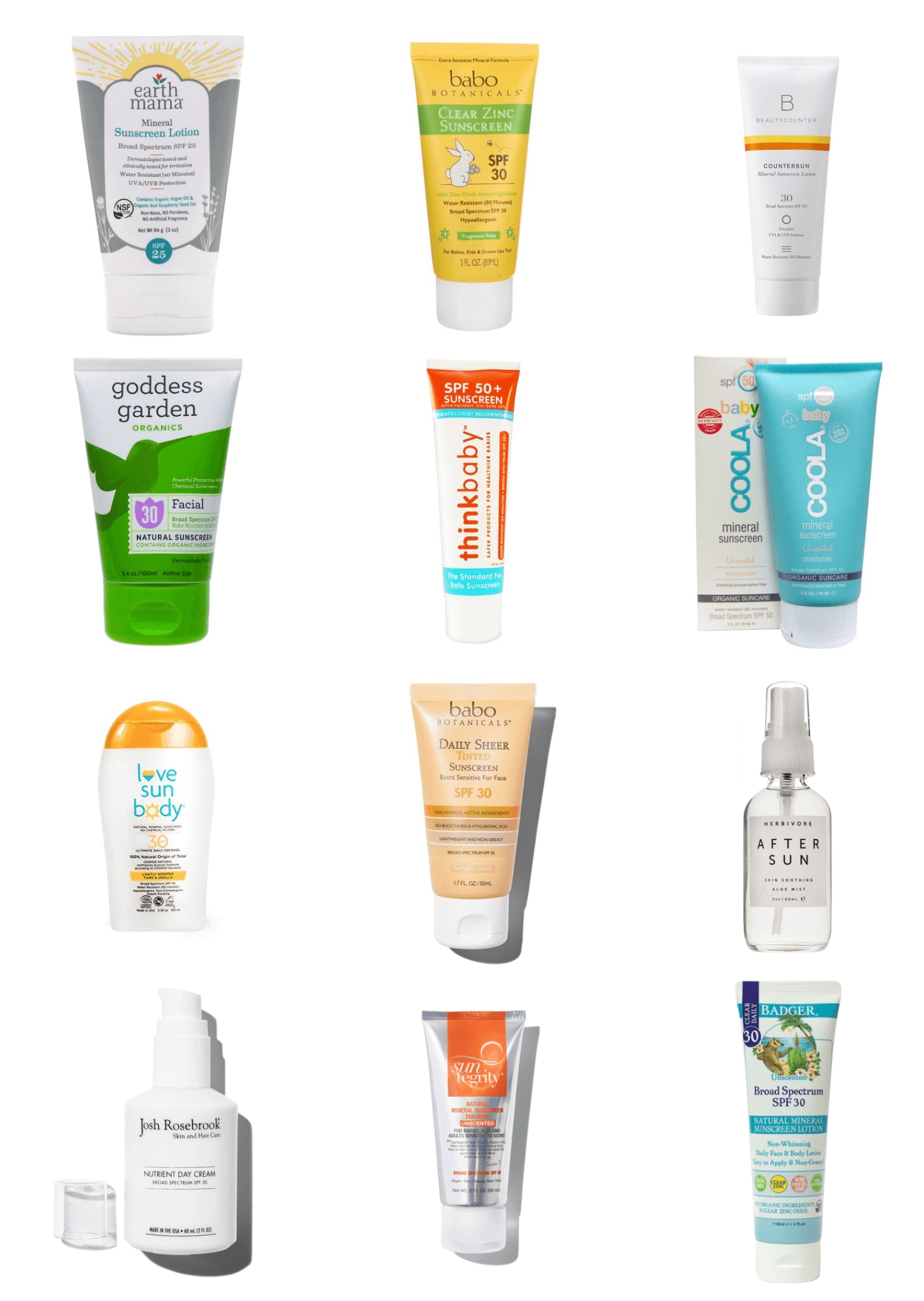
Applying Sunscreen: Best Practices
Sunscreen is generally safe during pregnancy, but it’s important to choose a formula without harmful chemicals such as oxybenzone and retinyl palmitate. Opt for mineral-based sunscreens with zinc oxide or titanium dioxide, and reapply regularly for optimal protection from UV rays.
Always consult with a healthcare professional for personalized advice.
When it comes to pregnancy, women tend to take extra precautions to ensure the safety of their babies. One of the common questions asked by pregnant women is whether sunscreen is safe to use or not. The answer is yes, sunscreen is safe to use during pregnancy. However, it is important to follow some best practices to ensure maximum protection and minimum risk. Here are some correct application techniques, frequency, and amount of application for using sunscreen during pregnancy.
Correct Application Techniques
It’s important to apply sunscreen correctly to get the best protection from the sun’s harmful rays. Here are some steps to follow:
- Clean your skin before applying sunscreen.
- Apply sunscreen liberally to all exposed skin, including your face, neck, and ears.
- Pay special attention to areas that are more prone to sunburn, such as your nose, shoulders, and chest.
- Reapply sunscreen every two hours or immediately after swimming or sweating.
- Use sunscreen with a sun protection factor (SPF) of at least 30.
- Choose a broad-spectrum sunscreen that protects against both UVA and UVB rays.
Frequency And Amount Of Application
To get the maximum benefit from sunscreen, it is essential to apply it frequently and in the right amounts. Here are some guidelines to follow:
- Apply sunscreen at least 15 minutes before going outside.
- Apply sunscreen every two hours or more frequently if you are sweating or swimming.
- Apply enough sunscreen to cover all exposed skin. As a general rule, use about an ounce of sunscreen (enough to fill a shot glass) for each application.
- Don’t forget to apply sunscreen to your lips, ears, and the tops of your feet.
In conclusion, applying sunscreen during pregnancy is safe and necessary to protect your skin from the sun’s harmful rays. By following these best practices, you can ensure maximum protection for you and your baby.
Expert Opinions On Sunscreen Use In Pregnancy
Pregnancy is a time of heightened caution, with mothers-to-be diligently seeking expert opinions on various aspects of their health and well-being. Sunscreen use during pregnancy is a topic that often raises concerns and prompts expectant mothers to seek advice from medical professionals and researchers.
Medical Advice
Medical professionals widely advise pregnant women to continue using sunscreen to protect themselves from harmful UV rays. Dermatologists recommend using broad-spectrum sunscreens with an SPF of 30 or higher, specifically labeled as safe for use during pregnancy.
Research Findings
Research studies have indicated that the active ingredients in sunscreens, such as zinc oxide and titanium dioxide, are generally considered safe for use during pregnancy. However, it is important to avoid sunscreens containing retinoids or oxybenzone, as these may pose potential risks to the developing fetus.

Myths Vs. Facts: Debunking Sunscreen Misconceptions
When it comes to pregnancy, there are numerous concerns about the safety of various products, including sunscreen. Let’s separate fact from fiction and debunk some common myths surrounding sunscreen use during pregnancy.
Common Myths
- Myth 1: Sunscreen chemicals can be absorbed into the bloodstream and harm the developing fetus.
- Myth 2: Sunscreen use during pregnancy can lead to vitamin D deficiency.
- Myth 3: Sunscreen ingredients may cause allergic reactions or skin irritation in pregnant women.
Scientific Truths
- Fact 1: The majority of sunscreen ingredients do not penetrate the skin deeply enough to reach the bloodstream and pose a risk to the fetus.
- Fact 2: Sunscreen, when used as directed, does not significantly contribute to vitamin D deficiency, as most individuals obtain vitamin D from dietary sources and incidental sun exposure.
- Fact 3: The likelihood of experiencing allergic reactions or skin irritation due to sunscreen use during pregnancy is very low, and there are many pregnancy-safe sunscreen options available.
Frequently Asked Questions
What Sunscreen Is Not Safe During Pregnancy?
Avoid sunscreens with oxybenzone and retinyl palmitate during pregnancy to ensure safety for you and your baby.
Can I Use Coppertone Sunscreen While Pregnant?
Yes, you can use Coppertone sunscreen while pregnant as it is safe for expectant mothers.
Why Can’t You Be In The Sun While Pregnant?
Exposure to sun can lead to skin changes and overheating during pregnancy. It may cause pigmentation and increase the risk of heat exhaustion.
Is Lotion With Spf Safe For Pregnancy?
Yes, lotions with SPF are generally safe for pregnancy, but it’s important to check the ingredients. Opt for mineral-based sunscreens with zinc oxide or titanium dioxide. Always consult with your healthcare provider for personalized recommendations.
Conclusion
Using sunscreen during pregnancy is generally safe. Choose mineral-based sunscreens with zinc oxide or titanium dioxide. Always consult your healthcare provider for specific recommendations. Protecting your skin from harmful UV rays is important for both you and your baby’s health.
Stay safe and enjoy the sun responsibly!



